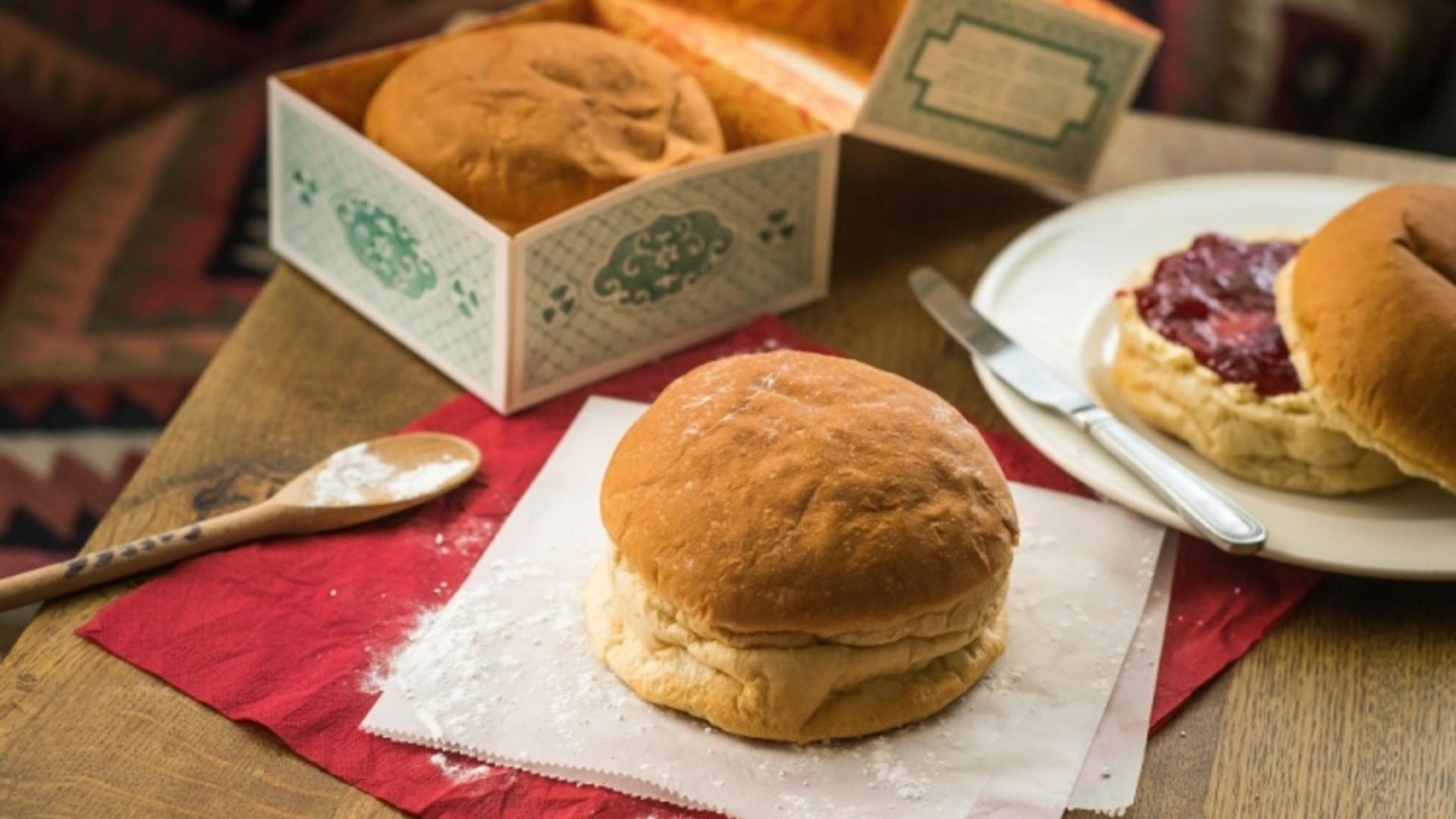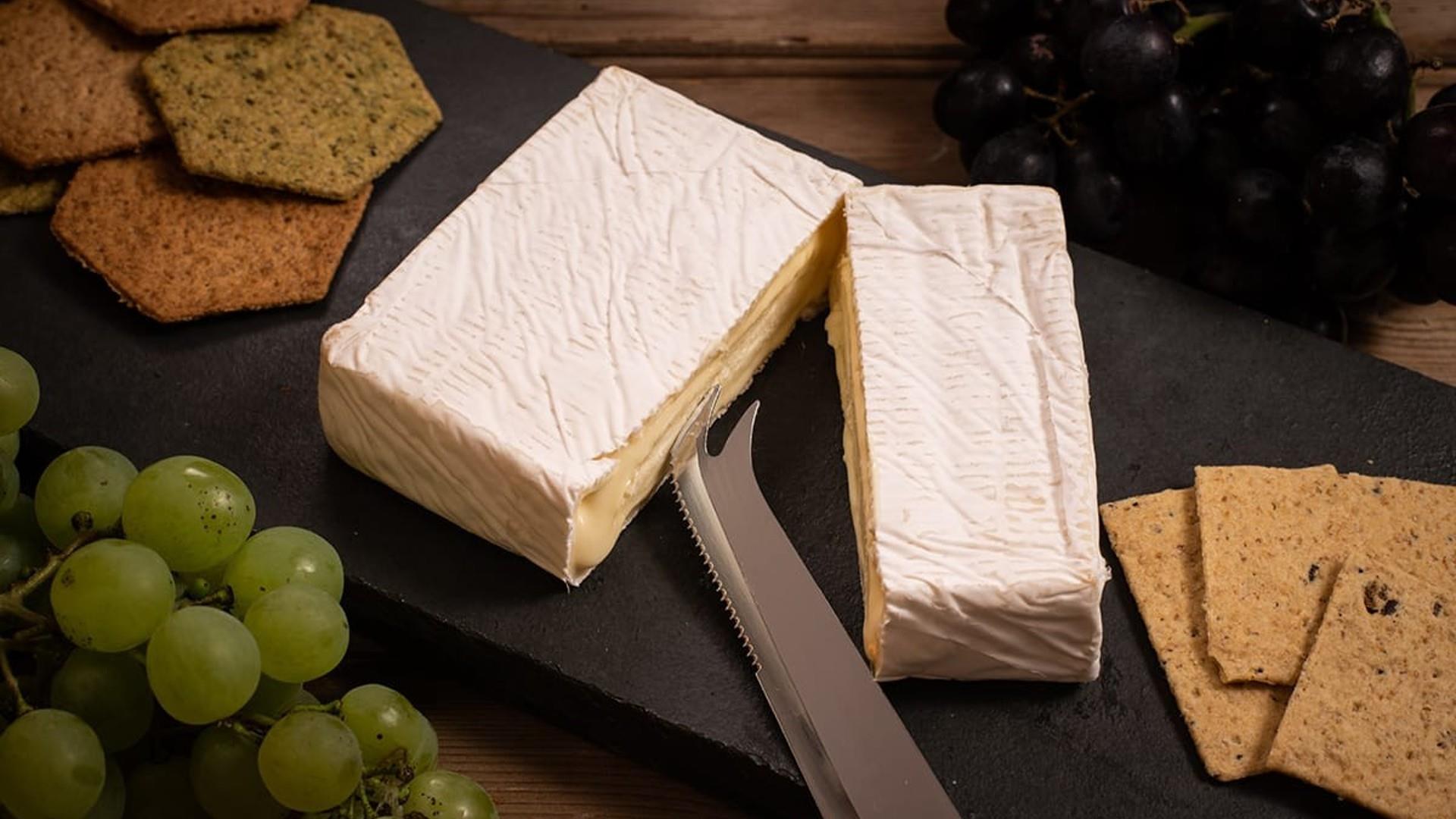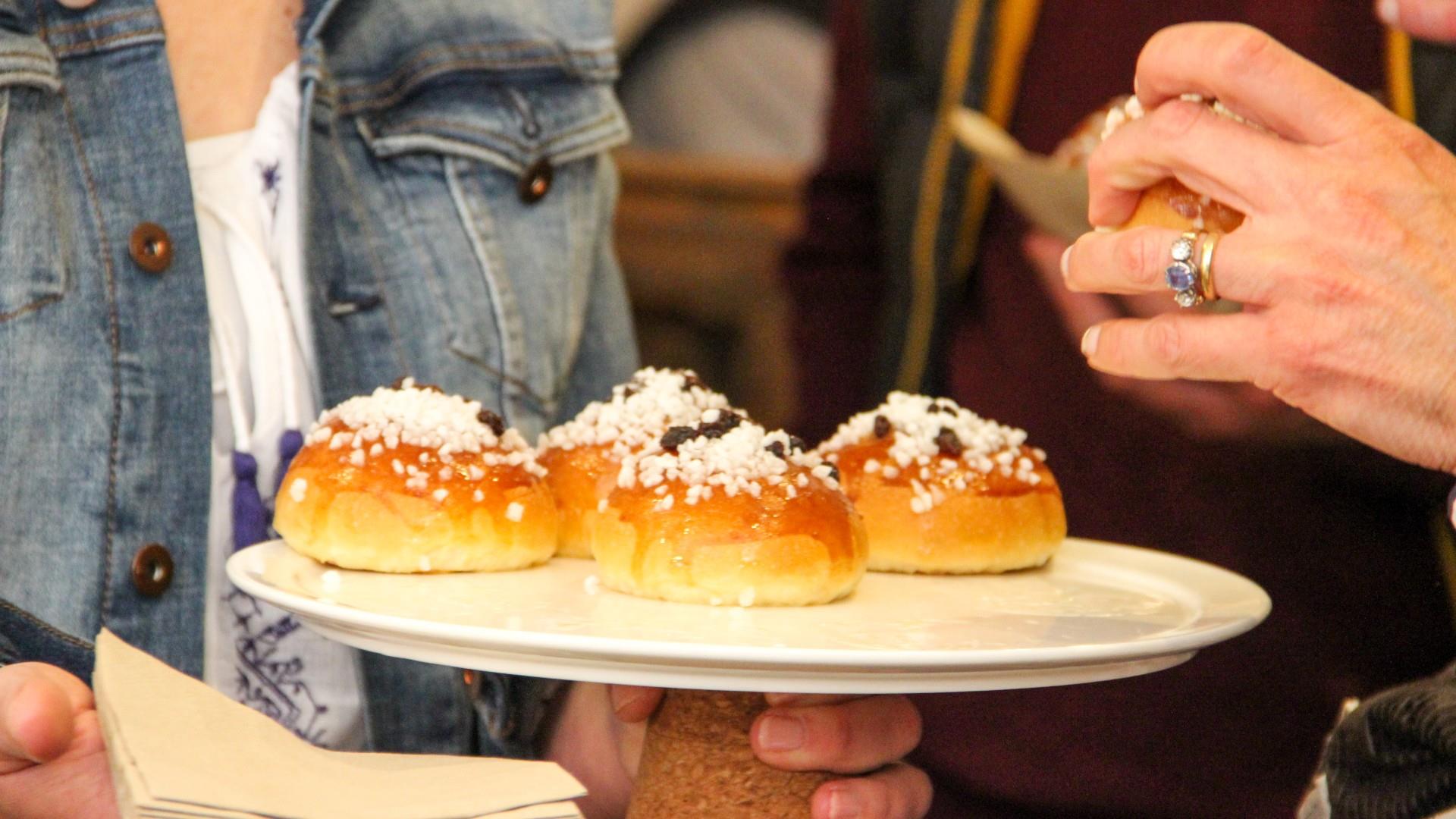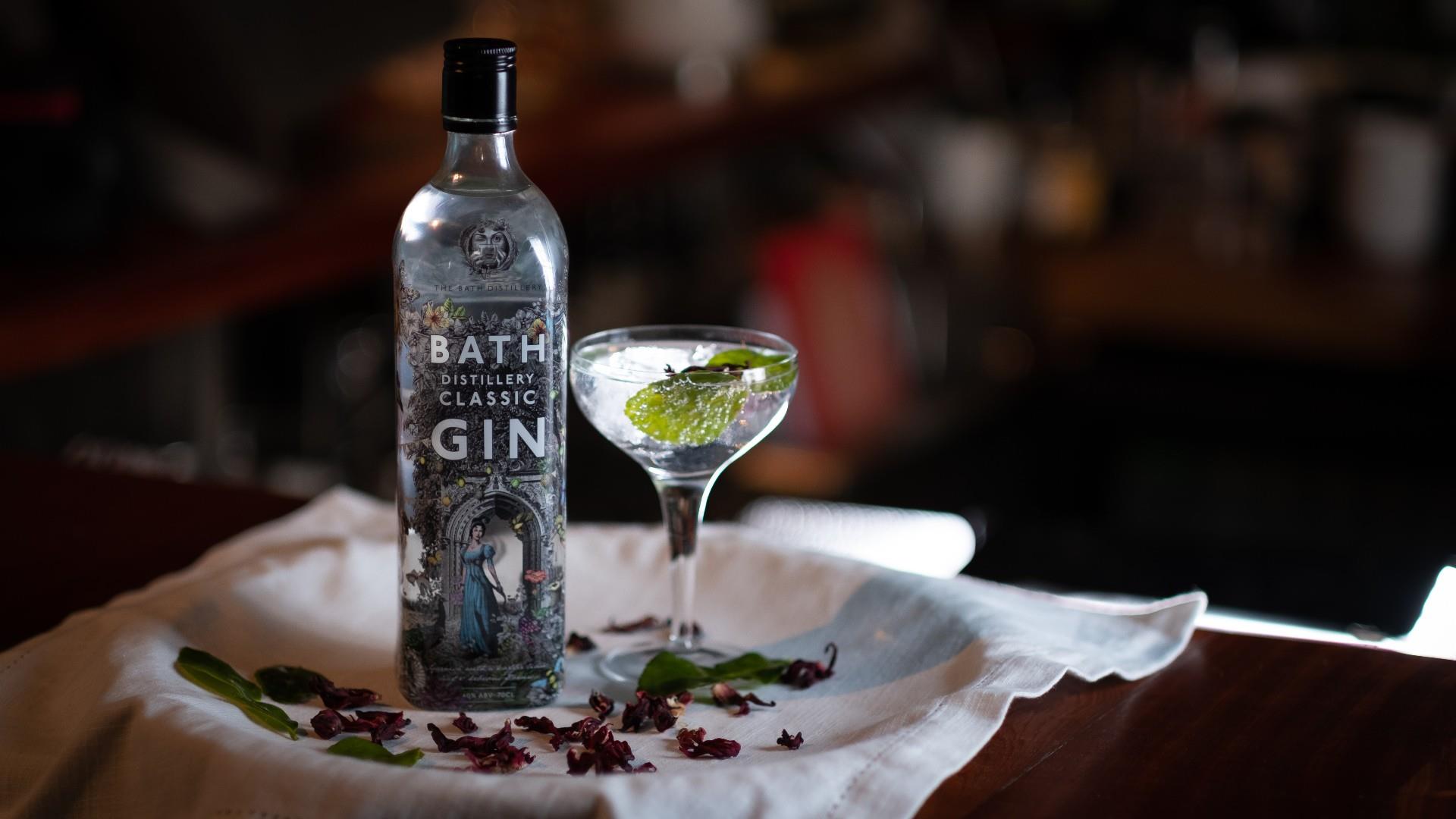On your visit to Bath be sure to sample at least one unique local delicacy… and experience a taste of history at the same time!
You can pick up a range of local products from delis and farm shops such as Newton Farm Shop, Flourish Foodhall and Hartley Farm Shop.
Sally Lunn Bun
According to legend, Sally Lunn, a Huguenot refugee, arrived in Bath in 1680 and started work with a baker in Lilliput Alley (now North Parade Passage). Sally introduced the baker to her light, airy, brioche-style bun, which soon became popular at the public breakfasts and afternoon teas that were fashionable at the time. The recipe for the bun is still a closely guarded secret today and is mentioned in the deeds of Sally Lunn’s Historic Eating House and Museum, one of the oldest houses in Bath that features a kitchen museum in the basement and a characterful restaurant on three floors. The Sally Lunn bun is famous across the world and incredibly popular with visitors. You simply can't leave Bath without sampling a taste of Sally's wares!
Bath Bun
The Bath Bun (not to be confused with the Sally Lunn bun!) was invented by eighteenth-century physician Dr William Oliver. The doctor's buns were originally made from a rich, sweet egg and butter dough topped with crushed caraway seed comfits. However, they were so tasty his patients’ waistlines expanded at an alarming rate and had to quickly be replaced with the far plainer, savoury Bath Oliver biscuit; you have been warned! Today's Bath bun is still made from sweet yeast dough (often with a whole sugar lump in the centre). To try a Bath Bun for yourself, visit the Bath Bun Tea Shoppe or Hands Tearoom.
Bath Olivers
The biscuits known as Bath Olivers are a popular accompaniment for cheese and can be found on the shelves of most supermarkets in the UK. They were originally designed by Dr William Oliver, a successful eighteenth-century physician who helped to treat the sick visiting Bath for the curative properties of the thermal waters. When Dr Oliver died he left £100, a sack of flour and his secret formula to his coachman, who subsequently set up a shop on Green Street and became rich on the proceeds. In tandem with architect John Wood and Master of Ceremonies, Beau Nash, Dr. Oliver was instrumental in founding the Royal Mineral Water Hospital to look after the less fortunate.
Bath Chaps
This local speciality is made from the lower part of pig cheeks, often cured like bacon. They can be served hot or cold but are rather fatty, which might account for their decline in popularity. If you fancy trying Bath Chaps, you can find them on the menu at the Garrick’s Head.
Bath Soft Cheese
Made just outside of the city from an ancient recipe, the Bath Soft Cheese range includes Wyfe of Bath, Kelston Park, Bath Blue and the original Bath Soft. To sample and purchase these delicious cheeses, visit Bath Farmers' Market, held in Green Park Station every Saturday morning or take a tour of their dairy farm in Kelston to learn more about the cheese-making process.
Abbey Ales
Founded in 1997, Abbey Ales was the first and only brewery in the city of Bath for over fifty years. Try their flagship ale Bellringer, a golden 4.2% abv best bitter, made right here in Bath. They also have a range of quality guest ales available throughout the year. Their range of craft ales focuses on full bodied taste and aroma which can only be achieved by using the finest malt and hops. Visit an Abbey Ales pub, Coeur de Lion, The Hop Pole, The Assembly Inn and The Star Inn, can all be found in and around Bath.
Bath Gin
Alongside a well-stocked bar packed full of different gins, don't miss the unique Bath Gin at The Bath Distillery Gin Bar, the recipe for which was created here in the city using local ingredients. If it tickles your taste buds, why not book onto a gin making masterclass to create a gin with your own flavour profile?
Fish & Chips
Try this British classic at the oldest traditional fish & chip shop in the city: Seafoods on Kingsmead Square, or try a range of seafoods as well as classic fish & chips at The Scallop Shell.
 Sally Lunn Bun
Sally Lunn Bun Bath Soft Cheese
Bath Soft Cheese Savouring Bath - Bath Buns
Savouring Bath - Bath Buns Bath Gin
Bath Gin







